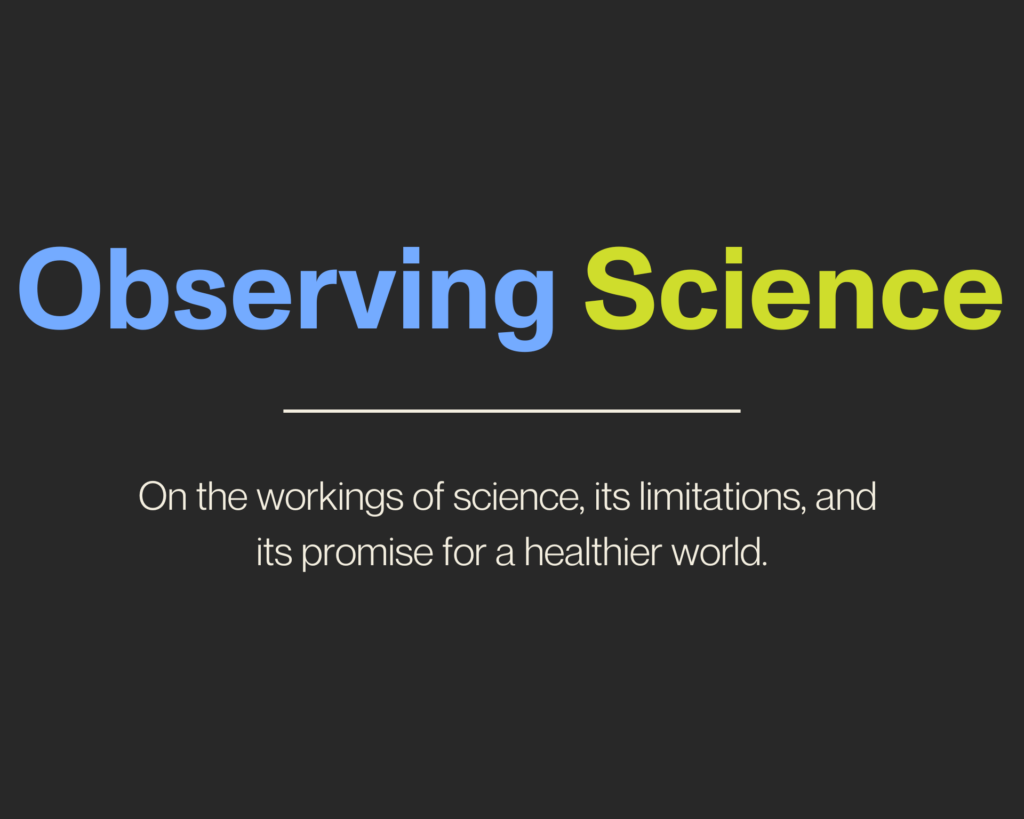Words Matter: Where Public Health Professionals Can Do Better
Public health professionals have an obligation to promote language that prevents distortion and discrimination.

Read Time: 4 minutes
Published:
Public health professionals need to be actively engaged in challenging stigmatizing and inaccurate language used to report research on illness and public health work. Examples of outdated, inaccurate and defaming language are found across all fields of public health. Of timely reference are the countless reports on the high prevalence of substance use disorders which describe individuals living with this chronic, medical condition as ‘abusers,’ ‘addicts,’ and ‘users.’ Some articles describe individuals in recovery as ‘clean,’ thus implying that those struggling with sobriety are ‘dirty’ in some regard. These adjectives provide no clear insight into any medical diagnosis, but instead communicate subjectively about moral, personal failure and serve to define individuals solely based on their addiction. Erroneous language has the power to stigmatize vulnerable populations and misinform policy.
As public health professionals, we have accepted the challenge of working to understand and address how complex social, behavioral, economic and legal influences shape population health. We have an obligation to promote language that enhances understanding of these influences and prevents distortion and discrimination.
We should promote the use of non-stigmatizing, people-first language. The potential benefits of promoting people-first language are evidenced in discussions regarding social services such as Medicaid and SNAP. Identifying individuals as ‘participants’ in these social services creates a discussion about people taking action and participating in society. In contrast, describing them as ‘recipients’ creates a passive mental image of ‘takers,’ and serves to reinforce inaccurate, negative imagery about assisting people with low incomes or who may be experiencing poverty. This change echoes another linguistic shift we have already made within the public health community. Recognizing the rights to ethical treatment, beneficence, and justice, we no longer refer to individuals that engage in our research as ‘subjects.’ Instead, we respect the contribution that these research participants have made to our work.
Inaccurate language may also serve to misinform the scope of public health concerns and obscure the real issues we research.
Inaccurate language may also serve to misinform the scope of public health concerns and obscure the real issues we research. In discussing access to medicines many articles refer to ‘fake medicines,’ which is neither scientifically accurate nor conceptually clear in its meaning. Inadequate manufacturing or storage conditions, the absence of active ingredients and patent infringements need to be clearly distinguished, as the public health concerns associated with each of these issues differ drastically. The National Academy of Medicine has suggested that the term ‘falsified medicines’ should be used instead to describe medicines manufactured with intentionally low quality standards. ‘Counterfeit medicines’ should only be used for trade mark infringements and not used interchangeably for falsified medicines.
Journalists and daily health news roundups, like STAT News, are increasingly reporting on public health issues. It is critical to thoughtfully consider how to best use these opportunities to share information in language that isn’t easily misconstrued due to inaccessible scientific jargon.
The early years of the HIV epidemic provide useful guidance of how stigmatizing language is successfully changed. Instead of “AIDS patients” advocates pushed to use the phrase “people living with HIV/AIDS” to more appropriately describe the medical and social experience of illness; this is now the standard description. Recently, the AP Stylebook included recommendations on how journalists should describe individuals with substance use disorders. The revised Stylebook removes stigmatizing words like ‘abuser’ and ‘addict’. Working together with journalists to be more deliberate in how we communicate with them and the public is important.
Public health professionals can lead the way to show that words matter because they change the way stakeholders engage with the most pressing issues in our fields. Public health professionals should:
- Promote non-academic terms that are both accurate and accessible. Examples are the use of ‘individual living with a substance use disorder’ instead of ‘abusers’, ‘falsified’ instead of ‘fake medicines’, or ‘public assistance program participant’ instead of ‘recipient’.
- Earmark project budget and resources for disseminating research results to ensure language used in reports, discussions with the press and on social media is accurate and accessible.
- Contact editors and journalists when we see them misrepresent our field and the medical conditions we aim to treat. Recent movements by the AP and some journals have demonstrated editors are open to this feedback.
Public health professionals play an important role, particularly in times when policymakers and the public are engaged in active debate about the future of healthcare access and quality. The words used to describe public health issues have the power to stigmatize or de-stigmatize, to present accurate facts or ‘alternative facts’. Effective communication about our research with the general public is at the core of the responsibilities of public health professionals.
Feature image by SidewaysSarah, Arrr!, used under CC BY 2.0





